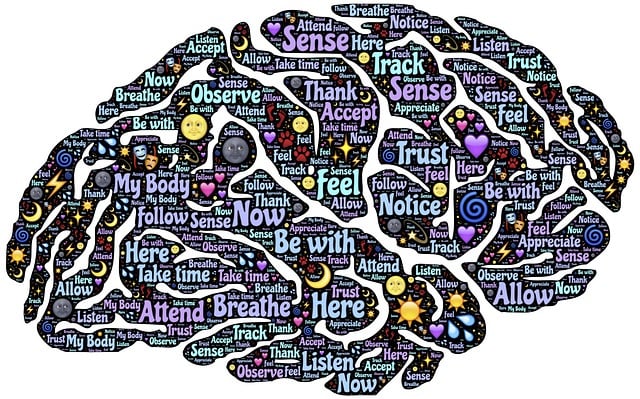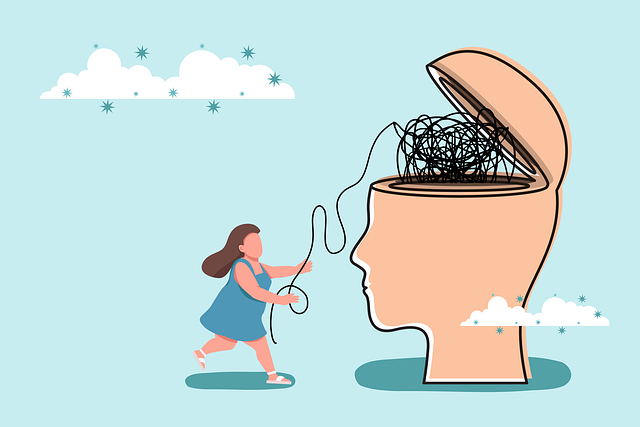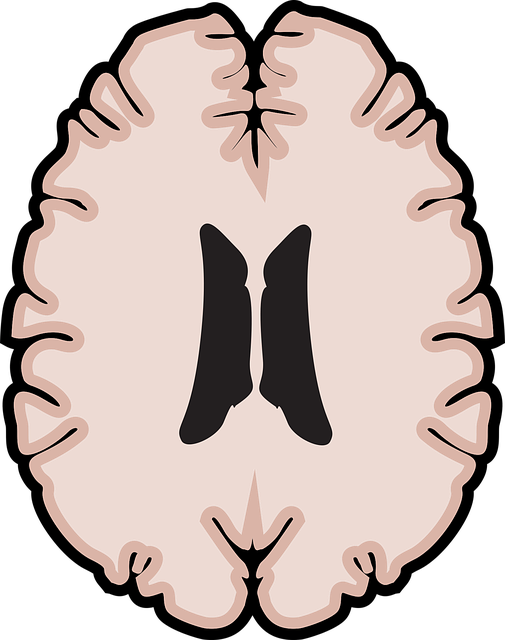Entender y desarrollar habilidades de afrontamiento es crucial para el bienestar emocional de niños hispanohablantes, quienes enfrentan desafíos únicos como barreras lingüísticas y adaptación cultural. La terapia especializada, como la CBT, equipa a estos niños con técnicas de relajación, resolución de problemas y regulación emocional para manejar estrés y expresar sentimientos, promoviendo su salud mental. Campañas educativas y enfoques culturalmente sensibles, como Crisis Intervention Guidance, son esenciales para crear un entorno de apoyo. Además, estrategias prácticas como el journaling en español y técnicas de respiración consciente fomentan la resiliencia. "Therapy for Children Spanish Speaking" ofrece un espacio seguro para procesar traumas y promover el bienestar general, abordando desafíos culturales y lingüísticos a través de métodos inclusivos y transformadores.
“Coping Skills Development in Spanish-Speaking Children: Navigating Trauma and Cultivating Resilience. This comprehensive guide explores effective strategies to support young minds, specifically addressing the unique needs of Spanish-speaking children. We delve into the impact of trauma, offering cultural sensitivity in therapy approaches. Learn practical techniques for parents and caregivers to build resilience. Discover the power of language and play therapy in empowering children. Enhance your understanding and provide targeted support for these vulnerable yet resilient young individuals.”
- Understanding Coping Skills for Spanish-Speaking Children
- The Impact of Trauma and its Effect on Young Minds
- Therapy Approaches Tailored to Cultural Sensitivity
- Building Resilience: Practical Strategies for Parents and Caregivers
- Empowering Children through Language and Play Therapy
Understanding Coping Skills for Spanish-Speaking Children

Entender las habilidades de afrontamiento es crucial para el bienestar de los niños hispanohablantes. Muchos niños enfrentan desafíos únicos en su vida diaria, desde barreras lingüísticas hasta adaptarse a nuevas culturas. La terapia para niños hispanohablantes se centra en desarrollar habilidades de afrontamiento efectivas para manejar el estrés y las emociones difíciles. Esta práctica ayuda a los niños a comunicarse y expresar sus sentimientos, lo que es esencial para su salud mental.
Las habilidades de afrontamiento incluyen técnicas de relajación, resolución de problemas y estrategias de regulación emocional. A través de la terapia, los niños aprenden a identificar y manejar sus emociones, resolver conflictos y desarrollar resiliencia. La publicidad sobre campañas de concienciación también juega un papel vital en educar a las familias y comunidades hispanohablantes sobre el estrés y la gestión del mismo, promoviendo así un entorno de apoyo para el desarrollo saludable de los niños.
The Impact of Trauma and its Effect on Young Minds

Trauma can have profound and lasting effects on young minds, shaping their emotional landscape and future coping mechanisms. Spanish-speaking children who have experienced traumatic events may face unique challenges due to language barriers and cultural differences when accessing support. The impact of trauma can manifest in various ways, from behavioral issues and anxiety to depression and even physical symptoms like headaches or stomachaches. Unaddressed, these issues can escalate, affecting academic performance, social interactions, and overall well-being.
Early intervention is crucial in mitigating the effects of trauma on young individuals. Therapy for Children in Spanish, specifically tailored to address cultural nuances and language barriers, offers a safe space for these children to process their experiences. Through evidence-based methods like cognitive-behavioral therapy (CBT), stress reduction techniques, and positive thinking exercises, therapists can help children develop healthy coping skills, rebuild resilience, and promote healing.
Therapy Approaches Tailored to Cultural Sensitivity

In today’s diverse society, cultural sensitivity is a cornerstone of effective therapy. When it comes to supporting Spanish-speaking children and their families, specialized approaches are essential. Therapy for Children Spanish Speaking must consider the unique linguistic and cultural barriers that exist, ensuring accessible and culturally appropriate care. Professional therapists employ strategies such as Crisis Intervention Guidance, tailored to address immediate emotional needs while respecting familial dynamics and values.
Mental Health Education Programs Design play a pivotal role in empowering families with knowledge and skills to navigate mental health challenges. Empathy Building Strategies are also integral, fostering understanding between therapists and clients from different cultural backgrounds. By incorporating these approaches, therapy becomes more inclusive, effective, and ultimately, life-changing for Spanish-speaking children and their families.
Building Resilience: Practical Strategies for Parents and Caregivers

Cultivando la resiliencia es una habilidad esencial para ayudar a los niños y adolescentes, especialmente aquellos que pueden enfrentar desafíos únicos debido a barreras lingüísticas o culturales. La terapia para niños de habla hispana requiere un enfoque sensible a las diferencias culturales para crear un entorno seguro y acogedor. Los padres y cuidadores juegan un papel crucial en este proceso al implementar estrategias prácticas que fomentan la fortaleza mental.
Una estrategia efectiva es promover la auto-conciencia a través de ejercicios guiados de journaling en español, permitiendo a los niños expresar sus emociones y pensamientos. La actividad regular de escritura puede ayudar a procesar experiencias y desarrollar habilidades de afrontamiento. Además, se recomienda modelar y enseñar técnicas de respiración consciente, que son herramientas simples pero poderosas para manejar situaciones estresantes. Incorporar momentos de reflexión diaria en la rutina familiar fomenta la resiliencia y mejora la salud mental, permitiendo a los jóvenes abordar los desafíos con una mentalidad más positiva y adaptable.
Empowering Children through Language and Play Therapy

Empowering children through language and play therapy can be a transformative process, especially for Spanish-speaking communities where cultural sensitivity in mental healthcare practice is paramount. This therapeutic approach recognizes the power of words and imaginative play as tools to enhance self-care routine development for better mental health. By engaging in creative activities, children gain a deeper sense of self-awareness exercises, allowing them to express their emotions and navigate challenging situations effectively.
Play therapy provides a safe space where professionals can foster open communication, incorporating the child’s native language to build trust and encourage vulnerability. This is particularly beneficial for Spanish-speaking children who may face barriers in traditional therapy settings due to language differences. Through this inclusive practice, cultural sensitivity becomes an integral part of the therapeutic process, ensuring that each child receives tailored support to thrive.
Coping skills development is an essential aspect of nurturing healthy, resilient children, especially within diverse cultural communities. By understanding the unique needs of Spanish-speaking children and employing culturally sensitive therapy approaches, caregivers can significantly impact their well-being. The strategies outlined in this article, including building resilience and empowering through language and play therapy, offer practical tools for parents and caregivers to support children who have experienced trauma. Through these efforts, we can create a more supportive environment, enabling Spanish-speaking children to thrive and cope effectively.












